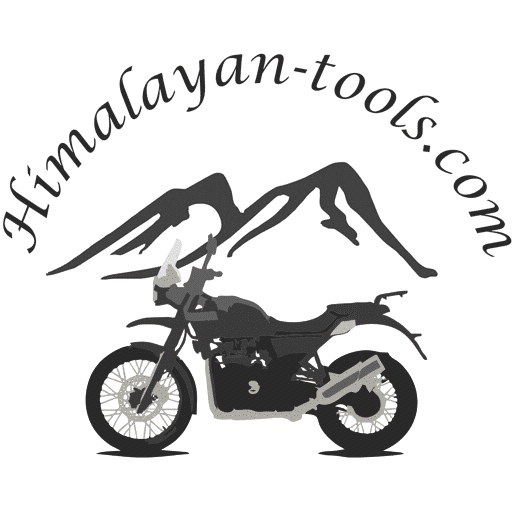Engine piston damage can be caused by various factors, including:
1. Overheating: Excessive heat can cause the pistons to expand beyond their design limits, leading to scuffing or seizure. Overheating can result from inadequate cooling system performance, insufficient lubrication, or running the engine at high RPM for extended periods.
2. Detonation: Detonation, also known as knocking or pinging, occurs when the air-fuel mixture in the combustion chamber ignites spontaneously or prematurely. This can cause high-pressure shockwaves that put significant stress on the pistons, leading to piston crown damage, piston ring land cracking, or even piston skirt failure.
3. Pre-ignition: Pre-ignition happens when the air-fuel mixture ignites before the spark plug fires. It can be caused by hot spots in the combustion chamber, such as carbon deposits or overheated spark plugs. Pre-ignition can result in rapid pressure rise and severe piston damage.
4. Oil starvation: Insufficient lubrication due to low oil level, oil pump failure, or oil system blockage can lead to metal-to-metal contact between the piston and cylinder wall. This friction can cause scuffing, scoring, or even piston seizure.
5. Poor maintenance: Neglecting regular maintenance tasks such as oil changes, air filter replacement, or timing belt replacement can lead to increased wear and tear on the engine components, including the pistons. Contaminated oil, worn-out filters, or a misaligned timing belt can all contribute to piston damage over time.
6. Incorrect installation or assembly: Improper piston installation, such as incorrect piston-to-wall clearance, incorrect ring end gap, or improper piston ring orientation, can result in poor sealing, excessive wear, or piston ring breakage.
7. Foreign object damage: If a foreign object, such as a piece of debris or a broken valve, enters the combustion chamber, it can collide with the piston, causing dents, cracks, or other forms of damage.
It's worth noting that piston damage is often interconnected with other engine components. For example, if the piston rings are damaged or worn, it can lead to increased blow-by, loss of compression, and increased oil consumption, which can further contribute to piston damage. Regular maintenance, proper driving habits, and addressing issues promptly can help minimize the risk of piston damage and prolong engine life.
1. Overheating: Excessive heat can cause the pistons to expand beyond their design limits, leading to scuffing or seizure. Overheating can result from inadequate cooling system performance, insufficient lubrication, or running the engine at high RPM for extended periods.
2. Detonation: Detonation, also known as knocking or pinging, occurs when the air-fuel mixture in the combustion chamber ignites spontaneously or prematurely. This can cause high-pressure shockwaves that put significant stress on the pistons, leading to piston crown damage, piston ring land cracking, or even piston skirt failure.
3. Pre-ignition: Pre-ignition happens when the air-fuel mixture ignites before the spark plug fires. It can be caused by hot spots in the combustion chamber, such as carbon deposits or overheated spark plugs. Pre-ignition can result in rapid pressure rise and severe piston damage.
4. Oil starvation: Insufficient lubrication due to low oil level, oil pump failure, or oil system blockage can lead to metal-to-metal contact between the piston and cylinder wall. This friction can cause scuffing, scoring, or even piston seizure.
5. Poor maintenance: Neglecting regular maintenance tasks such as oil changes, air filter replacement, or timing belt replacement can lead to increased wear and tear on the engine components, including the pistons. Contaminated oil, worn-out filters, or a misaligned timing belt can all contribute to piston damage over time.
6. Incorrect installation or assembly: Improper piston installation, such as incorrect piston-to-wall clearance, incorrect ring end gap, or improper piston ring orientation, can result in poor sealing, excessive wear, or piston ring breakage.
7. Foreign object damage: If a foreign object, such as a piece of debris or a broken valve, enters the combustion chamber, it can collide with the piston, causing dents, cracks, or other forms of damage.
It's worth noting that piston damage is often interconnected with other engine components. For example, if the piston rings are damaged or worn, it can lead to increased blow-by, loss of compression, and increased oil consumption, which can further contribute to piston damage. Regular maintenance, proper driving habits, and addressing issues promptly can help minimize the risk of piston damage and prolong engine life.

